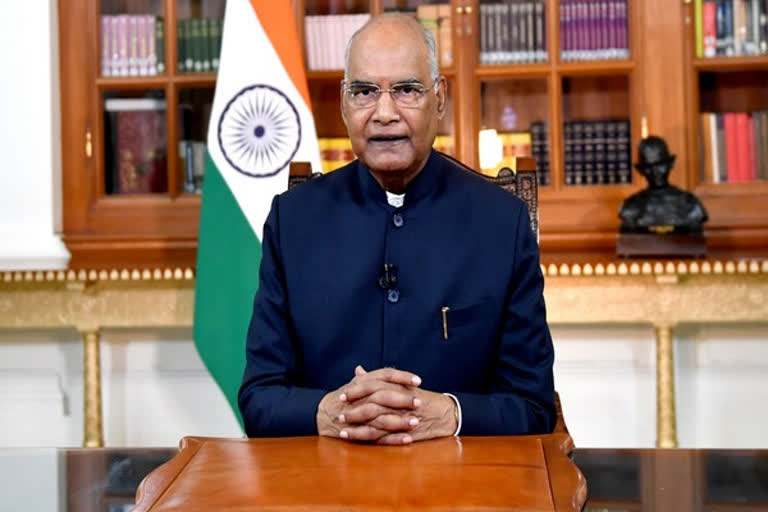New Delhi: The outgoing President, Ram Nath Kovind, during the last five years of his tenure has given assent to over 203 central bills, transforming them into acts. However, many of these laws are yet to be implemented considering that the government has not yet made rules for their implementation.
Some among these are lying for almost three years with the President's assent. The Citizenship (Amendment) Bill, 2019, assented by President Kovind on December 12, 2019, is yet to be implemented in the country. The Ministry of Home Affairs (MHA) is yet to make rules for its implementation. In April, the ministry sought an extension for framing rules for CAA for another six months from the subordinate legislation of the Parliament.
The central government introduced the law aiming to give Indian citizenship to people of six minority communities including Hindus, Sikhs, Buddhists, Jains, Christians and Parsis coming from neighbouring Afghanistan, Bangladesh, and Pakistan due to religious persecution. As per CAA, migrants who have arrived in India on or before December 31 2014 may get Indian citizenship.
The Criminal Procedure (Identification) Bill, 2022, which was assigned by President Kovind on April 18, 2022, is yet to be implemented in absence of rules. The majority of the opposition parties opposed the bill claiming it was a direct violation of the fundamental rights of an individual. Even as many of the State governments opposed the Criminal Procedure (Identification) Bill, 2022, the Home Ministry has reached out to the State home departments and stakeholders to get their suggestions for framing rules for the Act.
